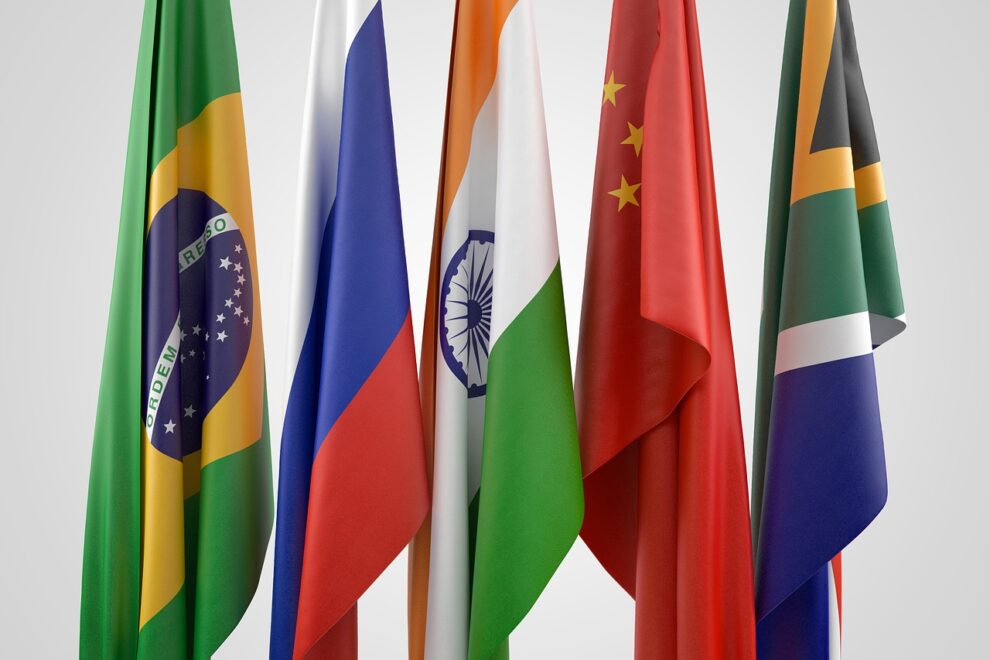The BRICS countries, including Brazil, Russia, India, China, and South Africa, are discussing the idea to create a common currency in an effort to challenge the dominance of the US dollar and reduce their dependence on it.
This move comes amidst calls from Moscow and Beijing for de-dollarisation in the face of Western sanctions, Firstpost reported.
Can BRICS replace the dominant US currency?
The US dollar has been the leading international currency for trade for a considerable period. However, in recent times, there have been discussions about creating a new currency to dump the dollar and counter American influence.
The idea of de-dollarisation gained momentum, especially after the Russia-Ukraine war began in February last year.
The movement got a further boost when Alexander Babakov, the deputy chairman of the State Duma, revealed that the India and Russia should plan to create a new payment medium. Babakov’s statement indicated that the new medium of payment would not be based on the dollar or the euro.
This has raised several questions such as, whether the BRICS countries are genuinely creating a new currency for trade, who is leading the movement, and whether the plan will materialize?
Dethroning US dollar, ‘the king of currency’
For many years, the US dollar has been known as the world’s most powerful currency, earning it the nickname “the king of currency.”
The Bretton Woods Agreement of 1944, which saw 44 Allied countries delegating reserve currency status to the US dollar, played a key role in cementing the currency’s dominance.
As a result, the US has exerted significant influence over the global economy, using sanctions to achieve its foreign policy objectives. Despite the powerful status of the US dollar, there are countries that are looking to reduce their dominance in global markets.
This process involves substituting the US dollar with other currencies for trading oil and other commodities, thereby reducing the dollar’s influence on the global economy.
Supporters of de-dollarisation argue that it could potentially minimize the impact of economic and political changes in the US on their own economies. Additionally, countries may reduce their vulnerability to currency fluctuations and interest rate fluctuations, which can enhance economic stability and lower the risk of financial crises.
